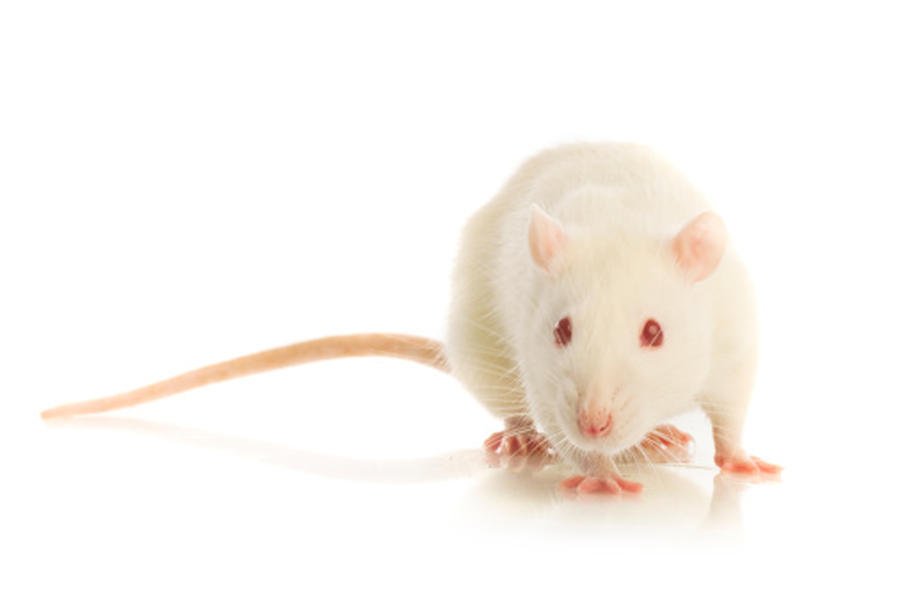Study: Rats feel regret, too
Thinkstock


A free daily email with the biggest news stories of the day – and the best features from TheWeek.com
You are now subscribed
Your newsletter sign-up was successful
While conducting research on decision-making in rats, the University of Minnesota's David Redish and his graduate student, Adam Steiner, made a different discovery. The pair saw that when a rat made a mistake, it stopped and looked backwards, as if it felt regret.
As Wired reports, the two decided to create an experiment that should cause rats to have regret, then measured the behavioral and neurophysiological markers that are consistent with the feeling. They taught rats to go into a contraption called "restaurant row" that had four different sections serving various flavors of pellets at different intervals (for example, a cherry-flavored pellet might come out in eight seconds, while a banana-flavored pellet could take 20 seconds).
Each rat had a threshold based on their taste preference, and Steiner and Redish used those thresholds to see what was a "good deal" and what was a "bad deal," and what happened when the rat passed over a good deal. The researchers found that when a rat skipped a good deal and went to a bad deal, they would stop and look at the restaurant they had bypassed. "It looked like Homer Simpson going, 'D'oh!'" Redish told Wired.
The Week
Escape your echo chamber. Get the facts behind the news, plus analysis from multiple perspectives.

Sign up for The Week's Free Newsletters
From our morning news briefing to a weekly Good News Newsletter, get the best of The Week delivered directly to your inbox.
From our morning news briefing to a weekly Good News Newsletter, get the best of The Week delivered directly to your inbox.
Redish doesn't think the findings should be too shocking. "We're not surprised by hearts or legs being similar, so why should we be surprised that brain structures and computations are similar?" he said. The results of the observation were published Sunday in Nature Neuroscience. Read an in-depth look at the study at Wired.
A free daily email with the biggest news stories of the day – and the best features from TheWeek.com
Catherine Garcia has worked as a senior writer at The Week since 2014. Her writing and reporting have appeared in Entertainment Weekly, The New York Times, Wirecutter, NBC News and "The Book of Jezebel," among others. She's a graduate of the University of Redlands and the Columbia University Graduate School of Journalism.
